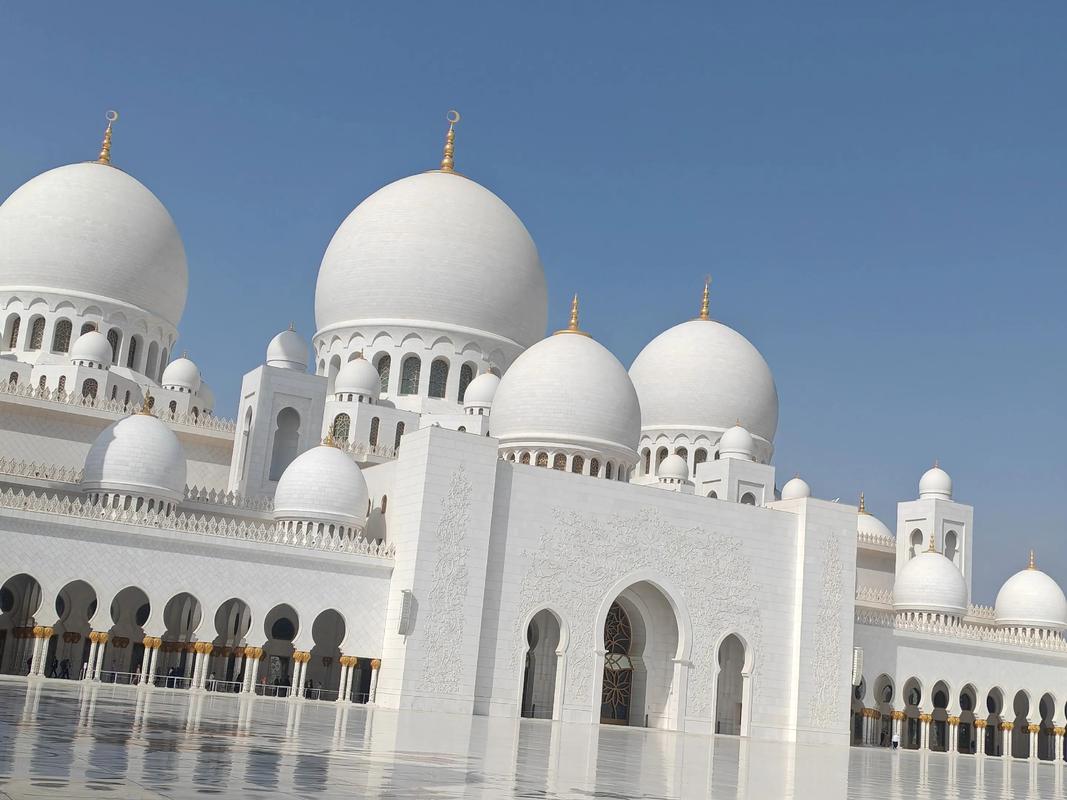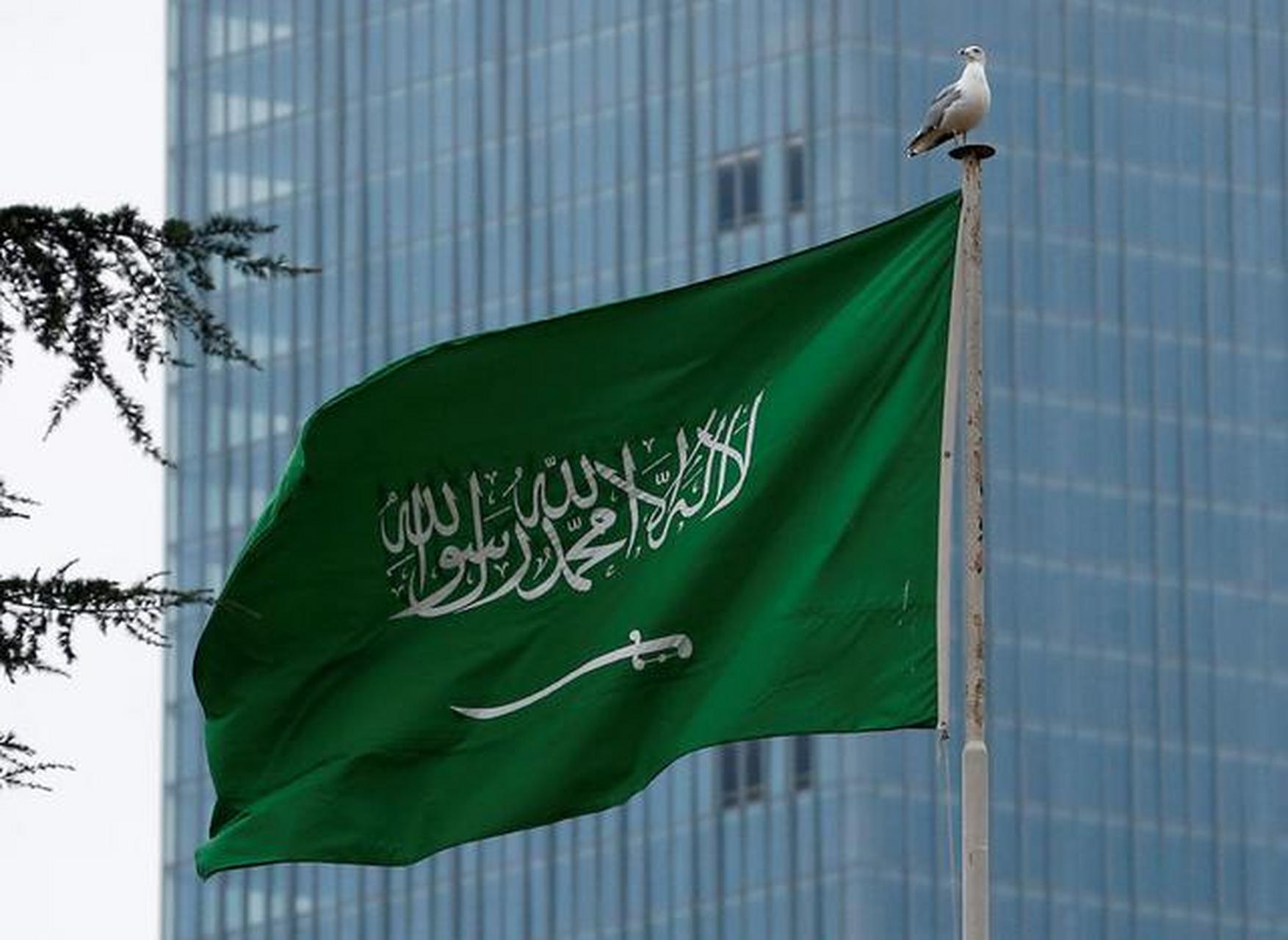A surge of wealth: Should tennis choose justice or money?
Recently, Saudi Arabia has poured significant investments into tennis, organizing the "Six Kings Tournament" that drew top players such as Djokovic and Alcaraz, who even chose to skip the compulsory Shanghai event to join this non-ranking exhibition. The champion’s prize is as high as $6 million, almost twice that of the US Open, while participants play a maximum of three matches. Meanwhile, Saudi women still face discrimination in marriage, divorce, and child custody. The country is rapidly filling its gap on the global tennis map with vast funds, yet it cannot conceal the serious shadows over its human rights record.

Saudi Arabia is reshaping the global tennis landscape with staggering financial input. Starting in 2024, Riyadh will host the WTA Finals from 2024 to 2026, increasing the total prize money to $15.25 million. Simultaneously, the “Six Kings Grand Slam” exhibition emerged, offering a $6 million winner’s prize—far exceeding any Grand Slam event. These massive investments overshadow traditional tournaments. For comparison, the 2024 Australian Open men's singles winner receives $2.2 million, the French Open $2.7 million, and both Wimbledon and the US Open $3.6 million. The Six Kings champion’s prize is nearly twice that of the US Open. Saudi capital’s influence extends beyond hosting events; plans are underway to elevate the Six Kings tournament into an official competition, potentially disrupting the existing tennis event system.

Behind the sports glitz, Saudi Arabia’s human rights record raises concerns, especially regarding women’s rights, long criticized internationally. Although recent reforms include criminalizing sexual harassment and allowing women to drive, Saudi women still face many restrictions in 2025. According to reports, discrimination persists in marriage, divorce, and child custody. The male guardianship system has loosened but not been abolished. Women now make up 37% of the workforce, yet serious inequalities remain. Saudi Arabia’s ambitious “Vision 2030” aims to modernize the country and empower women, but whether these reforms can keep pace with the rapid sports investments remains uncertain.

Facing Saudi Arabia’s financial onslaught, the tennis world is caught between ethics and interests. On one hand, players find it hard to refuse such enormous prize money. Events like the Six Kings Grand Slam allow players to earn more than Grand Slam winnings by playing only up to three matches, an irresistible temptation for professionals. On the other hand, the core values of sport are challenged. Should the human rights issues behind Saudi’s massive investment be overlooked when hosting these events?

Tennis authorities face a dilemma: uphold moral principles or succumb to financial pressure? This issue surfaced when Saudi Arabia secured the WTA Finals hosting rights and has become more urgent with the rise of high-prize tournaments. In fact, Saudi Arabia is pushing social reforms, including measures to protect women’s rights. Reports indicate plans to criminalize sexual harassment with penalties up to five years imprisonment or hefty fines. Previously, harassment of women in Saudi Arabia had no legal consequences.

Crown Prince Mohammed bin Salman aims to modernize Saudi Arabia through a series of reforms. Economically, progress is evident. Latest data shows Saudi unemployment dropped to 6.3% in Q1 2025—the lowest since labor statistics began—with the decline largely due to increased female workforce participation. However, whether these reforms are sufficient to reshape Saudi Arabia’s international image remains to be seen.
When tennis stars accept Saudi Arabia’s huge checks, they may overlook the complex implications behind the money. Female labor participation in Saudi Arabia has risen to 36.3%, and female unemployment dropped to a historic low of 10.5%. Women can now travel, drive, and obtain passports independently without male guardian approval. Yet discrimination persists in marriage, divorce, and child custody matters.
Sports should transcend politics, but when it becomes a tool for a nation to improve its global image, every decision in tennis will carry weight on the scales of history.(Source: Tennis Home, Author: Xiao Di)







 Links
Links
 Contact
Contact
 App
App


